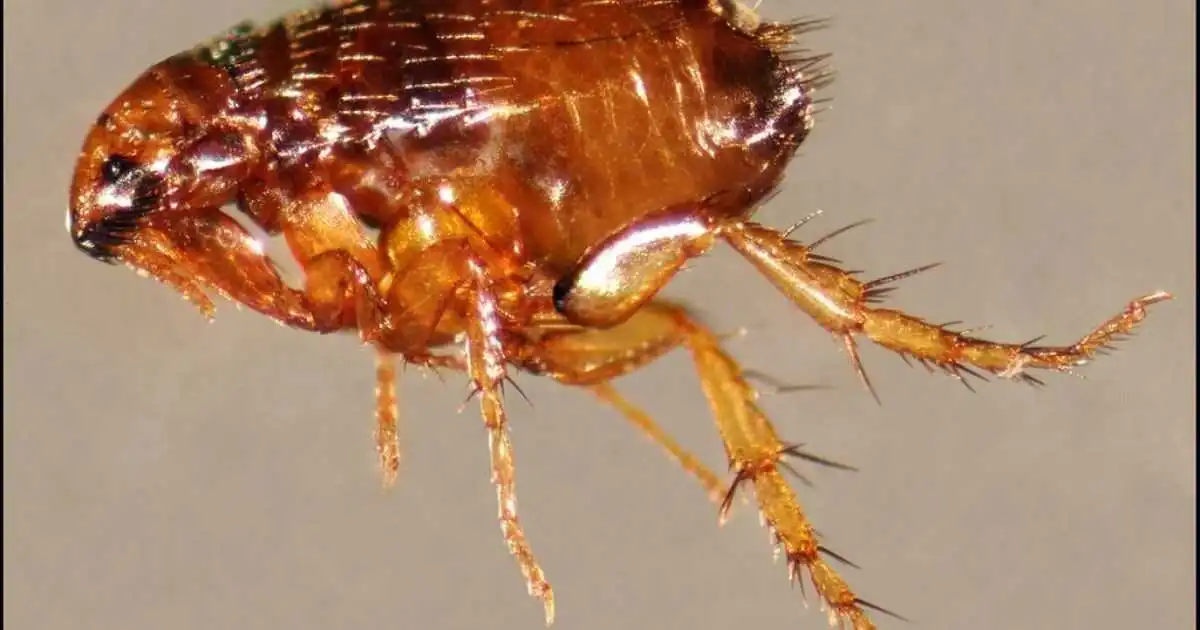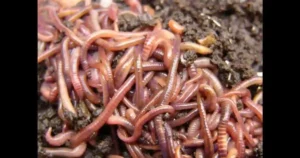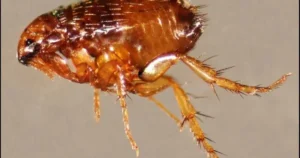Fleas are tiny, blood-sucking parasites that primarily affect pets, but can also make their way onto humans. Many people wonder, “Can fleas live on human hair?” While fleas are not particularly attracted to human hair as a long-term habitat, they can temporarily infest humans, leading to irritation and discomfort. In this article, we’ll explore how fleas interact with humans, signs of flea infestations, and how to deal with them effectively.
What Are Fleas?
Fleas are parasitic insects that survive by feeding on the blood of mammals and birds. They are typically found on pets like dogs and cats, but they can also latch onto humans when they are in proximity to infested animals. Understanding the biology of fleas is key to managing and preventing infestations.
Can Fleas Live on Human Hair?
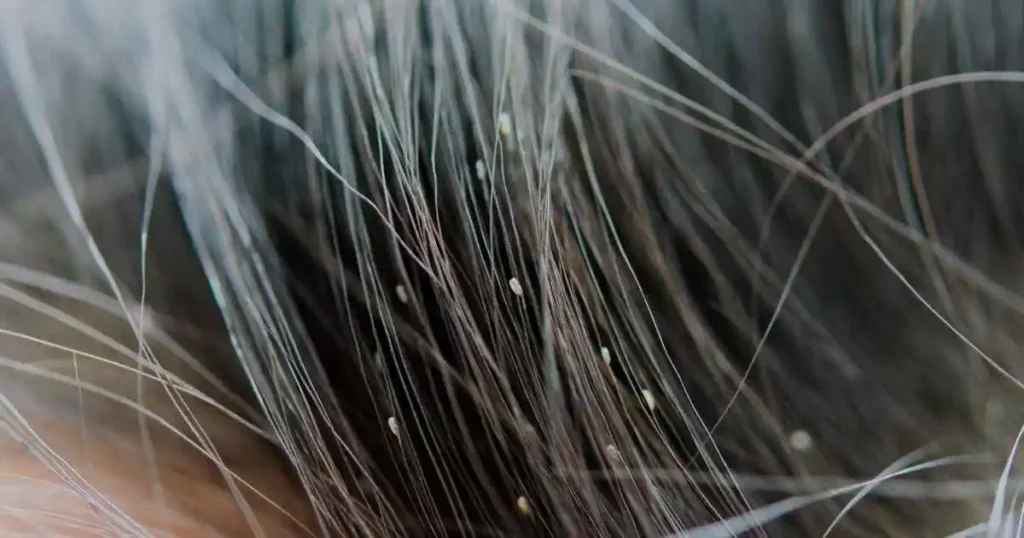
Fleas are not known to live on human hair for extended periods, as they prefer the fur of animals that provide them with easier access to blood. However, fleas can jump onto humans when they are near infested pets or areas that have been heavily contaminated with flea larvae or eggs. Once on a human host, fleas might bite and feed, causing discomfort, but they are unlikely to settle on hair.
Why Fleas Are Attracted to Humans
Fleas are primarily attracted to warmth, movement, and the carbon dioxide emitted by warm-blooded creatures. While human hair does not offer the ideal environment for fleas to thrive, the heat from a human body can attract fleas, especially in environments where pets are present. Fleas are more likely to hitch a ride on humans in these circumstances.
How to Spot Fleas on Humans
If you suspect that fleas are on your body or hair, look for the following signs:
- Itching and Bites: Flea bites are small, red, and itchy. They are typically clustered together and can appear on the ankles, legs, or other areas of the body.
- Flea Dirt: This refers to the droppings of fleas, which are small black specks found on clothing or bedding.
- Flea Eggs or Larvae: These are tiny, white, oval-shaped eggs or larvae that can be seen in hair, clothing, or on bedding.
Flea Bites and Their Effects on Humans
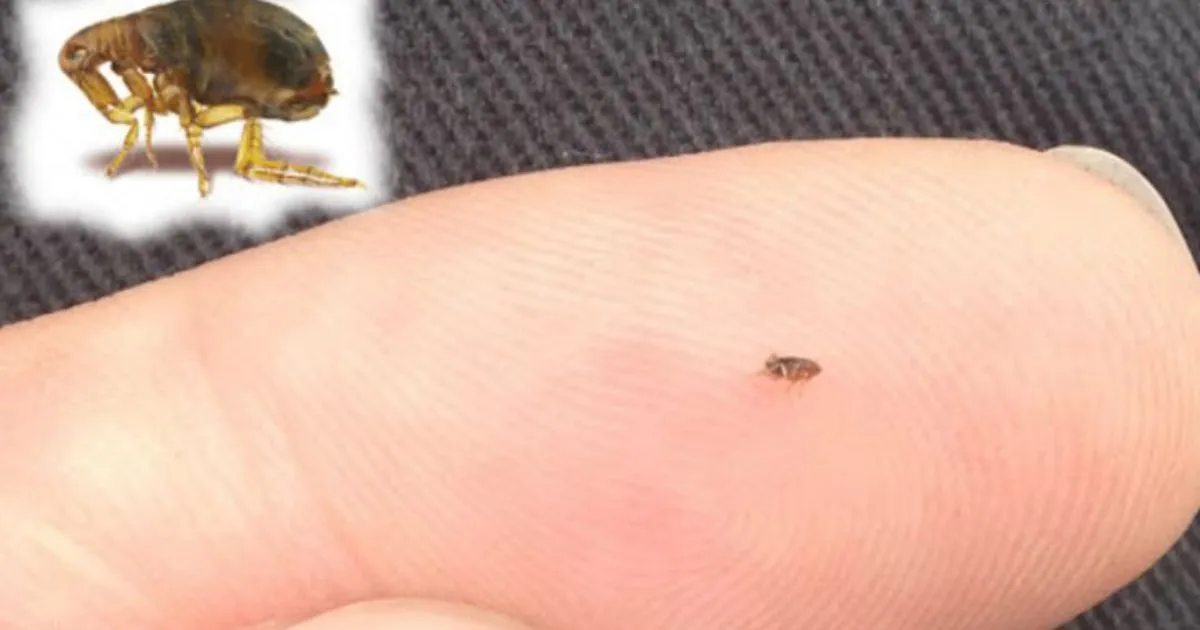
Flea bites are not just uncomfortable but can lead to other health issues. In rare cases, fleas can transmit diseases like typhus or the plague. They can also cause allergic reactions in some individuals, leading to more severe itching and irritation.
How to Treat Fleas on Humans
If you find that fleas have infested your hair or skin, there are several steps you can take to treat the problem:
- Shower and Wash Hair: Thoroughly wash your hair with shampoo and scrub your body with soap to remove fleas and their eggs.
- Use Anti-Flea Products: There are several flea treatments available for humans, including flea shampoos and body sprays that can help eliminate fleas.
- Vacuum and Clean Your Environment: Fleas can live in your home environment, including on pet bedding, carpets, and furniture. Vacuum thoroughly and wash your bedding regularly to eliminate fleas and their eggs.
- Consult a Doctor: If flea bites cause an allergic reaction or are not improving, consider seeing a healthcare professional.
Preventing Flea Infestations
Prevention is always better than treatment when it comes to fleas. Here are some tips to prevent fleas from infesting you or your pets:
- Regularly Treat Pets for Fleas: Use flea collars, topical treatments, or oral medications to prevent fleas from infesting your pets.
- Maintain a Clean Home: Regularly vacuum your home and wash your pet’s bedding to prevent flea larvae from developing.
- Limit Exposure to Infested Areas: Avoid areas where fleas are known to be prevalent, such as areas where stray animals are present.
The Life Cycle of a Flea
| Flea Life Cycle Stage | Description | Duration |
|---|---|---|
| Egg | Flea eggs are laid on the host and fall off into the environment. | 1-2 days |
| Larva | The larvae feed on organic matter and flea dirt. | 5-20 days |
| Pupa | The pupal stage can last until the flea senses a host nearby. | 1-3 weeks |
| Adult | The adult flea feeds on blood and reproduces. | 2-3 months (if not controlled) |
Understanding the life cycle of fleas can help in better flea management. Fleas go through four stages: egg, larva, pupa, and adult. The eggs and larvae are commonly found in pet bedding and carpets, while the adult fleas are the ones that feed on blood. Each stage of the flea’s life cycle requires different strategies for treatment.
Common Myths About Fleas
There are many myths surrounding fleas. One common myth is that fleas can live in human hair for long periods. While fleas can momentarily latch onto humans, they do not typically settle in human hair as they would on pets. It’s also a misconception that fleas are only a problem for outdoor pets. Fleas can thrive indoors if pets are not treated properly.
Dealing with Fleas in Your Home
Fleas are often brought into homes by pets, but they can infest areas where there is no pet. Effective pest control measures, such as treating the home environment with flea sprays or hiring a pest control expert, can help manage an infestation. Focus on cleaning high-risk areas such as carpets, furniture, and pet bedding.
Conclusion
While fleas do not prefer human hair as a long-term habitat, they can temporarily infest humans when they are close to an infested pet or environment. Effective flea control requires addressing both the immediate problem of fleas on your body and the larger issue of treating the environment to prevent further infestations.
By following proper hygiene, treating pets, and maintaining a clean home, you can successfully manage fleas and prevent them from becoming a recurring issue.
FAQs
Can fleas live on humans for long?
Fleas may temporarily land on humans but cannot live on human hair for extended periods. They prefer the fur of animals for feeding and breeding.
How do I know if I have fleas on my body?
Look for signs of flea bites, such as small, itchy red spots, as well as flea dirt or tiny eggs in your hair or on your clothing.
How can I prevent fleas from infesting my home?
Regularly treat your pets for fleas, vacuum often, and wash bedding and furniture to eliminate flea eggs and larvae in your home.
Can fleas transmit diseases to humans?
In rare cases, fleas can transmit diseases such as typhus and the plague, but these occurrences are uncommon in modern times.

Robert Harris is a dedicated animal enthusiast and expert in the pet and wildlife niche. With extensive experience in pet care, wildlife studies, and blogging, James offers practical tips, insightful advice, and heartwarming stories to help pet owners create stronger connections with their furry, feathered and scaly friends.
